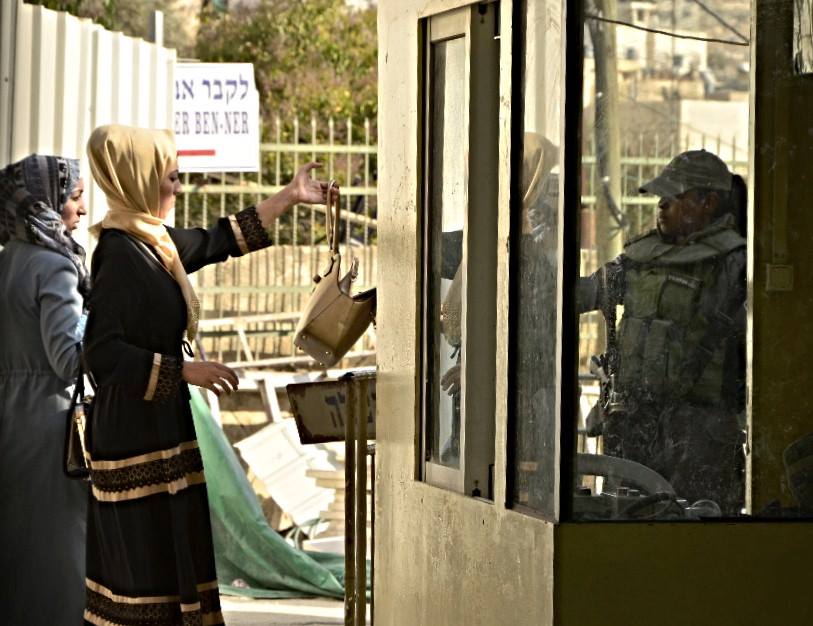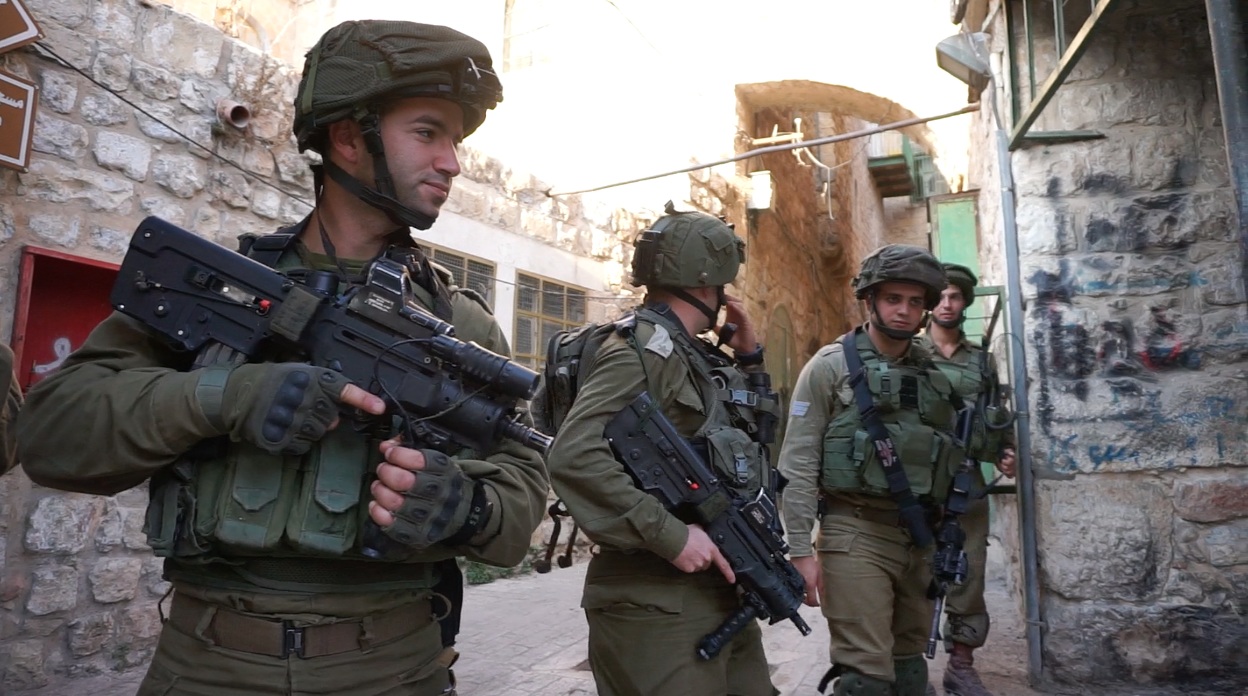Category: Journals
-
The checkpoint regime: Israel and the fragmentation of Palestinian society
31st January 2017 | International Solidarity Movement, al-Khalil team | Hebron, occupied Palestine There are 17 permanent checkpoints in the H2 area under full Israeli military control in occupied al-Khalil (Hebron), manned by Israeli forces and impeding Palestinian freedom of movement. The official rhetoric of the Israeli government is that these checkpoints serve ‘security purposes’.…
-
A Day in the life
26 January 2016 | International Solidarity Movement, Al-Khalil team| Hebron, occupied Palestine Al-Khalil is unique from other villages, towns, and cities in the West Bank. Illegal Zionist colonial settlements are situated right in the center of the Old City. Whereas, elsewhere the illegal settlements are outside of the Palestinian towns and cities. This makes life…
-
Photos of soldiers: crime or joy?
23rd January 2017 | International Solidarity Movement, al-Khalil team | Hebron, occupied Palestine As an international, taking photos of the Israeli occupation soldiers is either considered wrong and harmful or a joy. Harmful…harmful to what exactly? The continuous illegal occupation? Yet, photos are a joy for the soldiers, when they are proudly posing with an…



